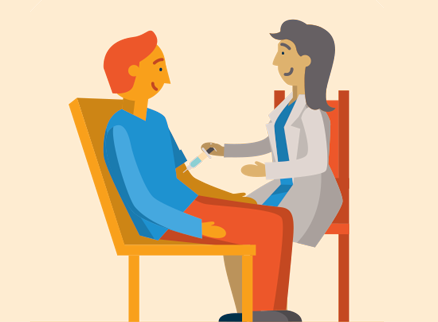
Primary health care is the first point of contact between a community and a country’s health system. The contact can be via a family doctor, community nurse, staff in local clinics or other health professionals.
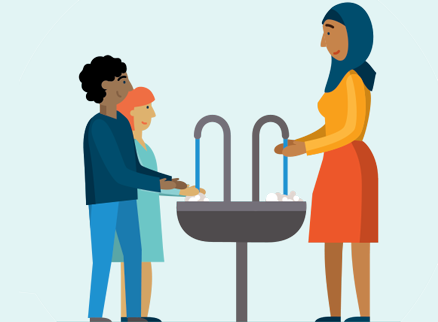
90% of all health needs can be met at the primary health care level. Investment in primary health is a cost-effective way of providing universal health coverage. By promoting general health it can reduce the need for more costly, complex care.
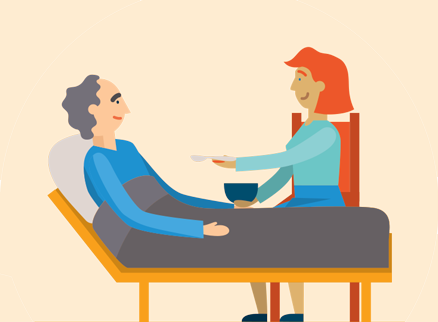
Health systems need to respond better – and faster – to the challenges of a changing world. Primary health care can do that.

Investing to build quality, accessible and equitable primary health care services is the most practical, efficient and effective first step to delivering universal health coverage.

People without universal health coverage should understand what it means and what they can do as individuals to help make it a reality.
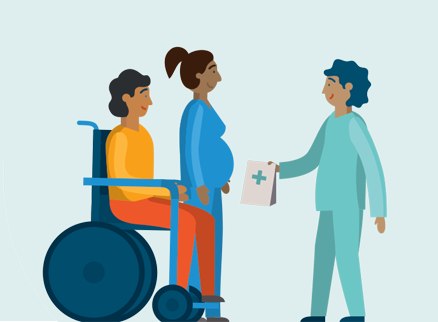
People with universal health coverage can advocate for affordable quality health services in areas of the world which lack them.
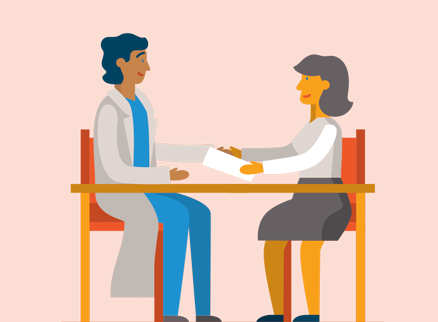
Policy-makers are encouraged to take action to address gaps in universal health coverage and to improve data collection systems so gaps can be clearly identified.


